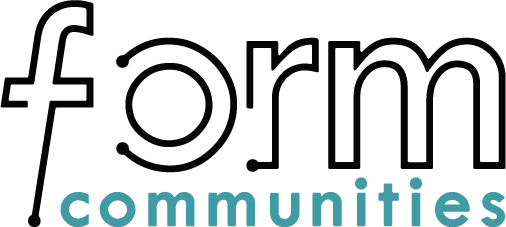“How do I become a peer support specialist?”
Type that into your search engine of choice and see what pops up.
Chances are you just saw a messy collection of outdated articles, ads for unrelated training, random bits of the Texas Administrative Code, and the occasional HHSC webpage sprinkled in.
It’s likely that you have even more questions than you started with. Feel free to try again with other questions such as “What is a Peer Specialist?” and “Peer Support Certification”. I’ll save you the time (and Tylenol) by letting you know that tweaking those search results won’t get you much closer to what you came to Google looking for.
This isn’t a new problem. Navigating the field of peer support has been confusing for a while. The development of peer support services and peer roles has changed a lot over time. Standardized language has been adopted then discarded, administrative code has been revised infinitely, role descriptions have changed faster than hiring processes, and nobody can keep up. Not enough people know about the peer career field, and if they do, they can’t even get the information they need to find training…or where to find said training…or that they’re required to take training at all. This is one of the biggest problems preventing the growth of the peer workforce.
Nobody is asking Google “how do I start a career I can’t read about?”.
I’ll try not to rant here, but I think it is a little not cool for the process to be so hard for someone to learn about, let alone start a career in peer support. The value peer support adds to the behavioral health system is immense, and it’s not easy to meet the criteria to work as a peer in the first place. How not easy is it? Only as not easy as overcoming a life-threatening battle with a mental health and/or substance use disorder, building a life in recovery, and then wanting to work in a role where you are intimately close to the grim reality of said conditions every day. Taking all that into account, the process of learning about and getting started in this field should be as streamlined as possible, and all the information should be in one place! Not only that, but there should be recruitment efforts to actively inform people about this field!
…
The PeerForce team has been working to inform a broader audience of the peer career field, and make sure that they have all the information they need to get started.
The last few months have found us building out content and resource guides, consulting with SEO specialists, and venturing into the far reaches of the 2nd page of Google. We’ve spent time getting thoroughly confused, writing and rewriting pages of content, breaking our website (my bad), fixing our website, and learning exciting terms like “keyword cannibalism”. It’s been hard, it’s been fun, and it’s what needs to be done.
This week we learned that our website and certification guides are being shared nationally as go-to resources on peer support, and we got calls from two different states’ Peer Services Offices to learn more about the work we’ve done. Meanwhile, our customer service line is busier than ever with calls from peers needing help.
We’re looking forward to rolling out more webpages, and our PeerForce blog over the next few months. We’ll keep answering the phone, and working our way to the top of those google search results to let people know that if they feel called to do this work, just call PeerForce.





